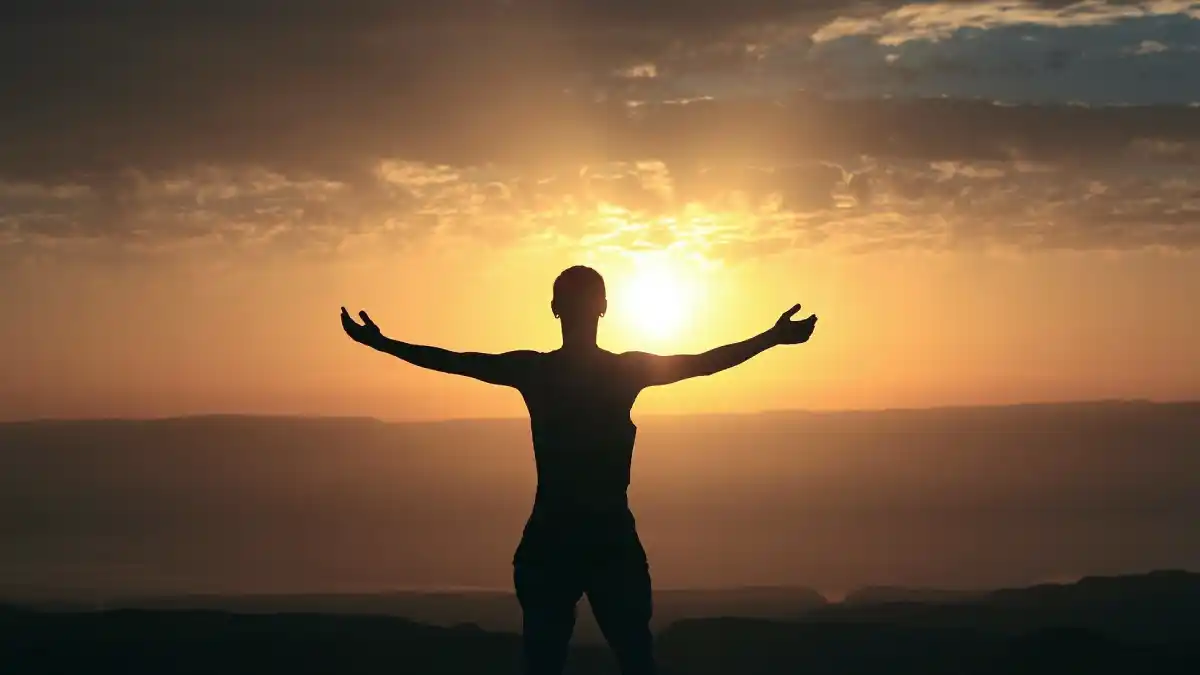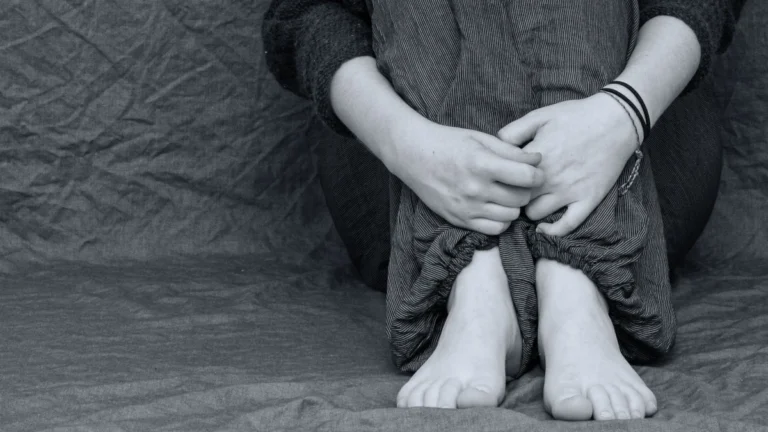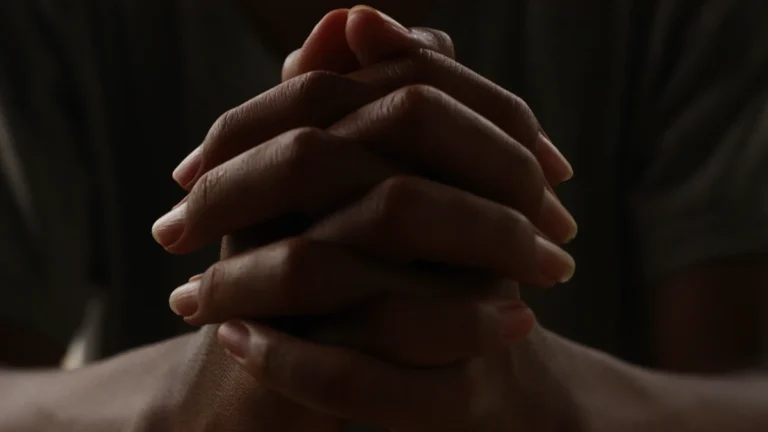Why solitude scars, strengthens, and frees those willing to endure it
I am a talker. A compulsive conversationalist. The kind of person neighbors remember because I’ve already had a dozen doorstep chats with them, about weather, local absurdities, or the peculiar mechanics of existence. Talking keeps me sane—or at least stops me from spiraling into that echo chamber of internal nonsense. It also generates a steady stream of raw material for my work. In my line of business, that’s priceless: babble transformed into ideas, ideas into words, words into something worth keeping. My natural urge to talk is its own renewable energy source.
Not long ago, I bumped into a long-time neighbor, and we fell into one of those conversations that stretch too long for anyone but the two participants. The subject was adventurous travel—the sort of expeditions that don’t make glossy brochures. I’ve dipped more than my share into that pool: warzones, crime-ridden megacities, and even a bicycle trip through the heartland of the Muslim Brotherhood, which in hindsight feels less like a holiday and more like a questionable life choice.
The neighbor asked how I got through all of it unscathed. My answer wasn’t neat. Listening helps, reading the mood of the crowd helps, and of course, not being an idiot ranks highly. But there’s another factor, one I seldom mention: I’ve cultivated loneliness since childhood. I can sit with solitude like others sit with friends. My introverted core, hidden beneath the chatty exterior, is what kept me sane. Paradoxical, perhaps—I can be charming, even gregarious, yet I recharge alone. That’s the textbook definition of an introvert: a social charmer powered by silence.
But solitude has a bad press. Society paints loners as freaks, misfits, half-criminals who radiate the aura of unwashed trench coats and unfinished manifestos. That caricature couldn’t be further from the truth. A true loner is not perpetually isolated. I have family, a wife, children, a household filled with company. I maintain close ties with the extended family and keep a small circle of friends alive and well. Yet I can be alone. I am not unwell when alone. When important matters arise, I consult primarily with myself, engage in long conversations with my own mind, and only then emerge with a decision.
Do I consult others? Certainly. My wife, above all. But I am not dependent on others to think, to decide, to face the world. And I am most certainly not dependent on them for opinions.
I once knew a Lebanese family, one of those dynasties gilded with marble staircases and silver spoons. Two daughters—ornamental, polished, mostly ignored—and a son, the heir around whom the whole clan revolved. He had everything: Parisian schooling, London polish, good looks, charm enough to disarm both women and waiters. Raised in comfort, coddled but never grotesquely so, he was impeccable in manners, sharp in wit, feline in his social instincts. You would have liked him.
And then, a switch flipped. Out of his mouth spilled the language of betrayal, injustice, cosmic conspiracy. The boy who once ordered wine with effortless poise suddenly sprouted a beard and denounced everything his family represented. He abandoned the velvet rope of high society for the iron bars of ideological purity. He flirted with radicals, dabbled in extremist rhetoric, and wandered dangerously close to jihad. What flipped the switch? Oddly, it seemed less about Lebanon and more about his Paris schooling. But whatever the cause, it was clear: bad company had captured him, and he lacked the inner ballast to resist.
His father, horrified, dragged him back from the edge before his passion found a bloody “final project.” Funds were cut, life in Paris collapsed, and back in Lebanon, the leash was short and watchful. This was before the age of permanent internet—phones could be unplugged, modems silenced. The boy never fully recovered, at least until I lost track of him decades ago. He never detonated, but he smoldered. And the lesson was clear enough: boys are fragile creatures, tinderboxes waiting for sparks. Ideology is cheap gasoline. Too much freedom, and they unravel. Too much structure, and they rebel. Balance is a myth—it’s always a matter of which demon reaches them first.
I dodged that particular fate. Travel was my shield, my obsession, my chosen exile. While others drowned in hormones and half-baked crusades, I stayed in motion, deliberately avoiding their gravitational pull. Wanderlust was no substitute for wisdom, but it kept me safe from cults, gangs, and revolutionary book clubs. Sometimes avoidance is the only discipline available.
But aloneness is never fashionable. The world craves noise: endless parties, pointless conversations, social media feeds that mimic community but deliver only distraction. Solitude is treated like a disease, to be medicated with apps and cheap company. Yet the truth is simple: if you can endure solitude without mistaking silence for rejection, you forge an iron frame.
When I was young, I stumbled into solitude by accident. Wanderlust was my poison, and I shunned attachments for fear they’d chain me to one place. Friendships felt like anchors, obligations like cages. I avoided them, sometimes ruthlessly. No spring breaks, no fraternal bonds, no “we’re all in this together.” Romantic entanglements? Postponed, carefully managed against the spikes of youth hormones. Not a monk, but careful. My exile wasn’t heroic—it was restlessness. Yet avoidance became education.
It wasn’t easy. Being alone cuts both ways. You miss the laughter, the warmth, the ease of belonging. You pay in silence, in nights of wondering if you’re defective for preferring books and landscapes to parties and peers. But loneliness, like hunger, is temporary. Endure it, and it hardens into resilience. What doesn’t kill you makes you stranger—but also harder to break.
History is crowded with exiles forged by solitude. Marcus Aurelius, writing Meditations as if no one else would ever understand him. A Stoic emperor surrounded by armies and plague, and yet essentially alone. Augustine, leaving the brothels of Carthage to wrestle with his conscience. Diogenes, spitting at society from a barrel, untouchable because he owned nothing left to steal. Austrians even have a saying: once your reputation is ruined, you are finally free to live as you please.
Young men need this lesson most. They think belonging is the whole point—teams, brotherhoods, revolutions. But those are fragile, easily hijacked, easily corrupted. Solitude is not safer, but sturdier. It strips illusions and teaches self-reliance. To be alone without collapsing into despair—that is the first taste of freedom. To build a fortress inside yourself so company is optional, not essential—that is true wealth.
Exile scars you, yes. But scars are the price of steel. However you arrive there—by accident, stubbornness, or deliberate retreat—the outcome matters more than the path. Endure solitude long enough, and you emerge tempered. Perhaps damaged, perhaps strange, but unbreakable.
Even modern examples echo this: Nietzsche pacing himself into madness in Alpine solitude. Bonhoeffer, imprisoned by the Nazis, writing of freedom in a cell. Their destinies diverged, but the root was the same: withdrawal, exile, solitude’s brutal alchemy. Modern corporations parody this with “retreats,” a theater of focus padded with catered lunches and motivational speakers. That’s not solitude—that’s cabaret. True solitude is pain endured until it transmutes into resilience.
And the young? Always prey. Ideologues know the game. Hitler cultivated boys through the Hitlerjugend. My father, born in 1935, was too young for that, but still enrolled in its precursor, the Pimpf. Every boy worth his shoes wanted in. No one considered the cost. Today it’s no different: Antifa recruits youth with the same promise of belonging, now lubricated by TikTok’s infinite reach. The medium changes, the mechanism remains.
But the true loner needs none of it. He does not crave validation, does not hunger for the gaze of an audience. He is not unwell in solitude. He is free in it.




